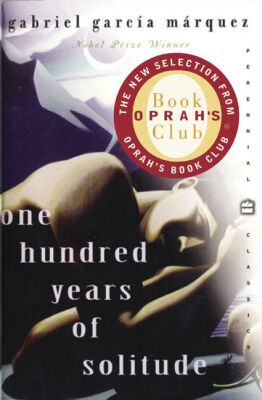But her careful study of lichens led Potter to share the Swiss botanists' conclusions. In his wonderful and entertaining book, Liaisons of Life: From Hornworts to Hippos, How the Unassuming Microbe has Driven Evolution, Tom Wakeford writes:
At first, Beatrix was unperturbed by this opposition. Her uncle, the chemist Sir Henry Roscoe, had confidence in her and her belief in Schwendenerism. He urged that she give a paper at a scientific society, such as the Linnaean. Housed behind a grand facade in London's West End, the Linnaean Society was an international forum for naturalists and evolutionary biologists, as it had been when Charles Darwin and Alfred Russel Wallace had announced their theories of evolution there earlier in the century. But while Roscoe could contribute to the society's proceedings, Beatrix was, like all women, barred. Although now in her late twenties and gaining a reputation for her acute observations of nature, she was not even allowed to attend the society's open meetings. Her uncle eventually won the right to read her paper at a meeting of the society himself, but the official record of the meeting has been lost. We can only imagine the mixture of smirks and tut-tuts that greeted her findings. Beatrix, already a shy and reclusive character, recorded in her diary her feelings of humiliation at her treatment. Worse was to follow.Ridiculed for having the audacity to have such radical theories--and a woman, too!--Potter soon abandoned her scientific studies. Potter and Schwendener were right, of course, and by 1929 H. G. Wells and Julian Huxley wrote that "a lichen is no more a single organism than a dairy farm is a single organism."
Back to Miss Potter. I know that a movie can't tell every story, but I think that this aspect of Potter's life is important--not to mention fascinating--enough that it merited at least a scene or two.



